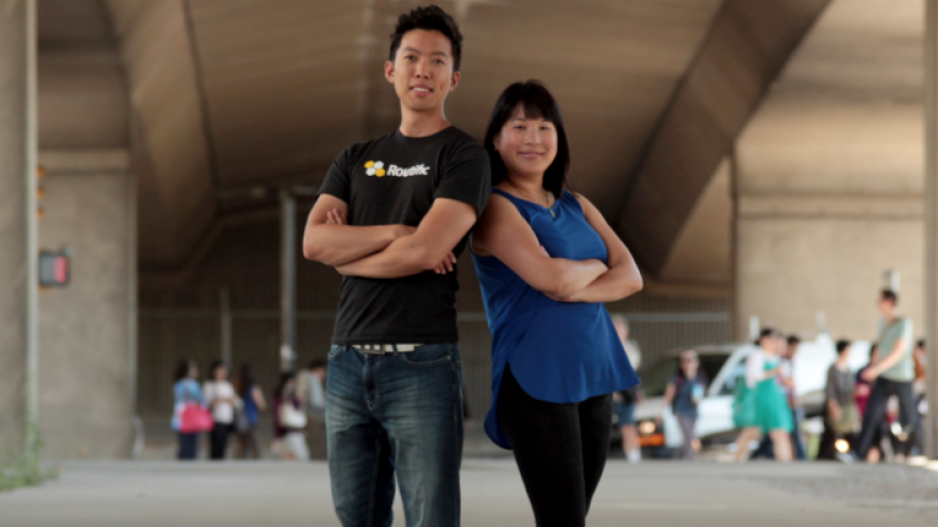Marc Kuo likes the way autonomous vehicles think.
“Humans make a lot of mistakes,” said the co-founder of Routific, a Vancouver-based startup. “A self-driving car will listen to algorithms.”
And much like the way IBM’s (NYSE:IBM) Deep Blue supercomputer calculated moves on the chessboard to a beat a world champion in the 1990s, Routific’s computer algorithm figures out moves on the road to beat traffic.
“The route optimization problem from a mathematical standpoint is nothing more than a very, very large puzzle,” said Kuo, who began putting the pieces together when he completed his thesis on route optimization seven and a half years ago.
He said Routific’s algorithm cuts through the nearly countless route combinations presented to small- to medium-size enterprises (SMEs) when making deliveries to different addresses.
Kuo estimated this algorithm could save SMEs as much as 40% in driving time and fuel compared with manual dispatching.
“Say you’re a ... bakery and you have a fleet of 10 vehicles and you have about 2,000 addresses that you need to go to every day to deliver your bread,” said Routific co-founder Suzanne Ma, who is married to Kuo.
“How do you split up those 2,000 addresses among 10 drivers? Our algorithm can do that for you in a matter of seconds. But traditionally, businesses like a bakery would spend about two hours every morning trying to plan it manually.”
Since Routific officially launched services a year ago, the startup has expanded from five to 256 cities.
“Adoption will come down to the simplicity of the solution,” Invoke Media head of engagement Jordan Eshpeter told Business In Vancouver, adding that SMEs are sometimes wary of adopting new technology if there’s uncertainty about whether it will integrate with their existing systems.
His digital agency has worked with other companies to link technology with transportation, including an initiative with car-sharing co-operative Modo that connected cars to the Internet.
Eshpeter said one of the challenges facing route optimization services is taking into account real-time changes to traffic patterns. As a pizza-delivery man during university, he recalled, he often had to deal with unforeseen traffic accidents or road closures after mapping out his routes.
Ma said the good news is that Routific’s algorithm relies on Google Maps, which also provides live traffic data and estimates.
This has allowed Routific to spread swiftly to markets such as the U.S., Australia and Western Europe. Markets like China, where Google Maps isn’t dominant, will have to wait, Ma said.
In the short-term, Routific’s “sweet spot” of clients is SMEs with fleets of 10-50 vehicles, according to Ma.
Axiom Zen founder Roham Gharegozlou, whose innovation studio has provided support to Routific much like a tech incubator, said persuading SMEs to change how they do business can be challenging in a market like Canada.
“If we’re going head-to-head against other algorithms, we’re more confident we can win,” Gharegozlou said.
“It’s actually the door-to-door sales process of convincing somebody not just that they need this … but [also that] they might have to fire somebody, and that’s where the cost-savings come in,” he added, referring to the algorithm’s ability to cut delivery times significantly.
Meanwhile, serious market opportunities for autonomous vehicles needing route optimization services will likely trickle down to Canada only after they first open up in the U.S., Kuo said.
“I do think that they are going to become mainstream in the next decade or so. And when that happens, every delivery fleet will need an algorithm to direct driverless cars,” he said. “It’s going to change the industry for the better.”




